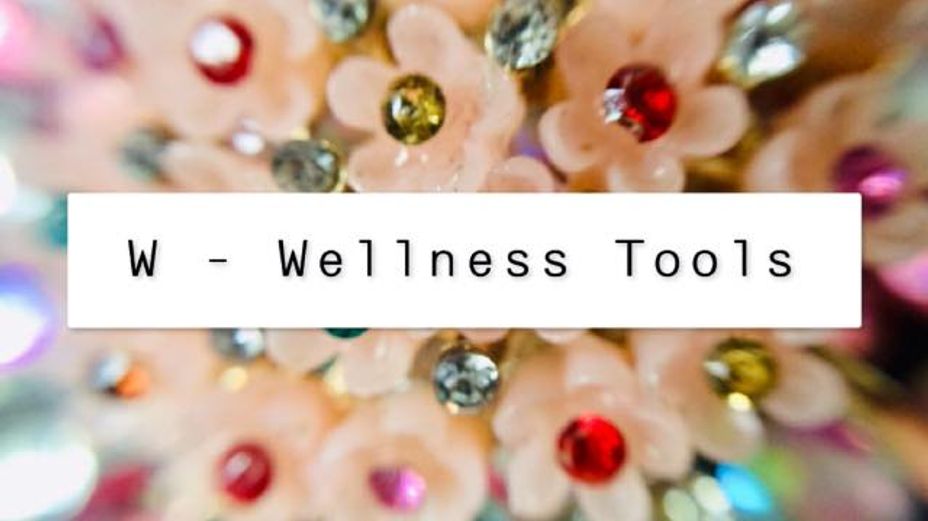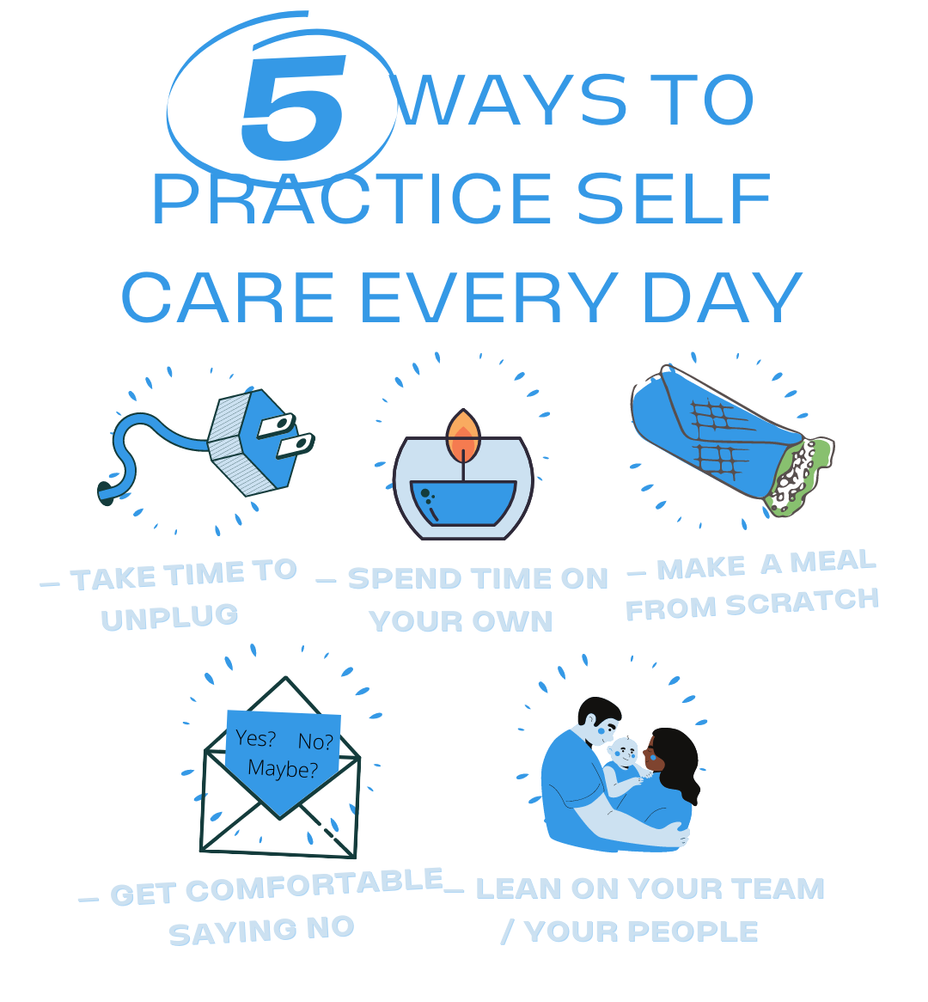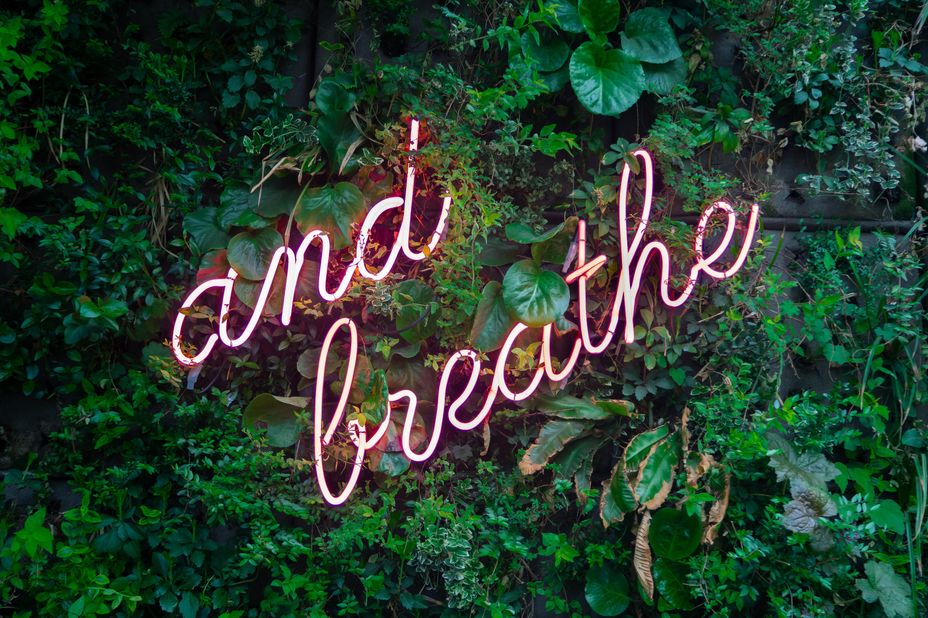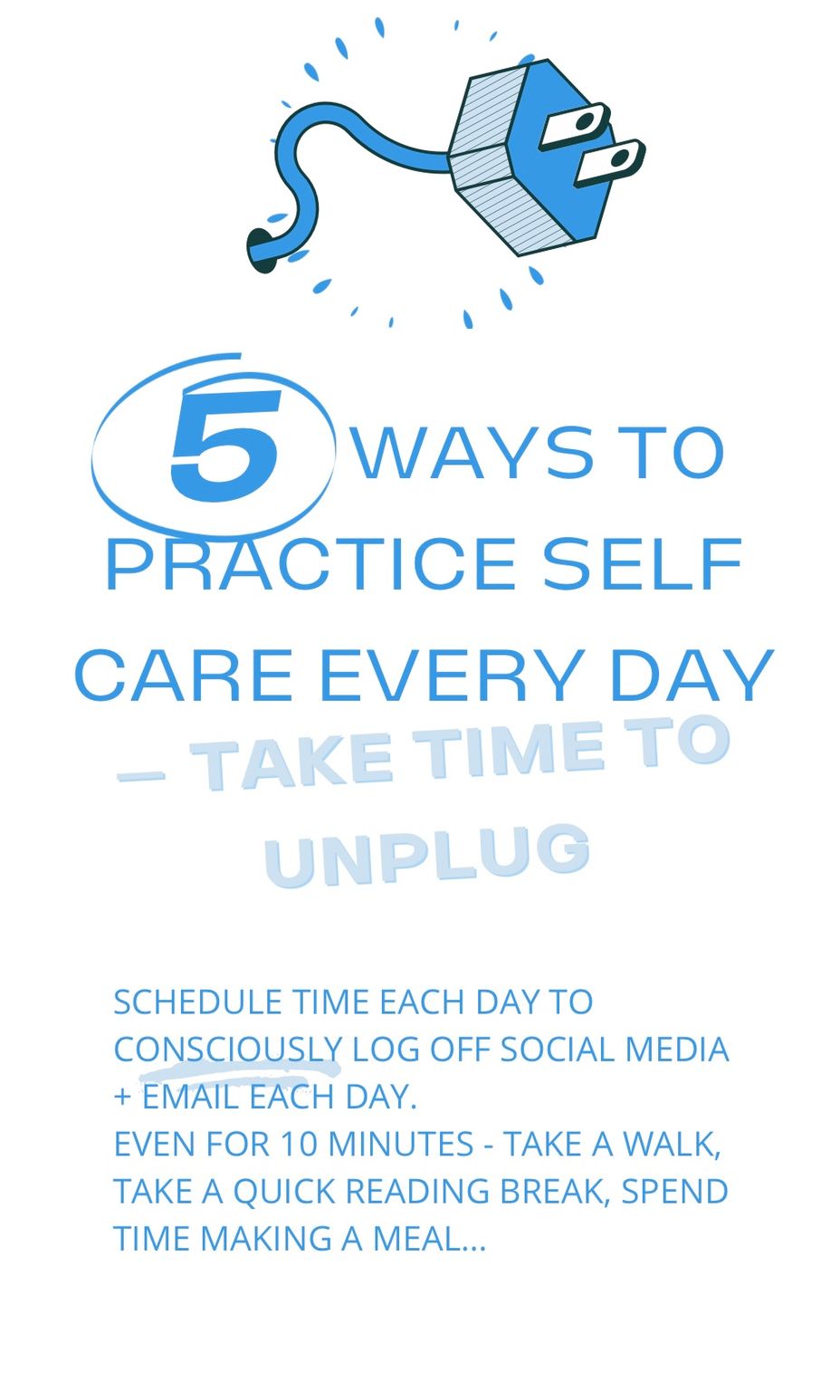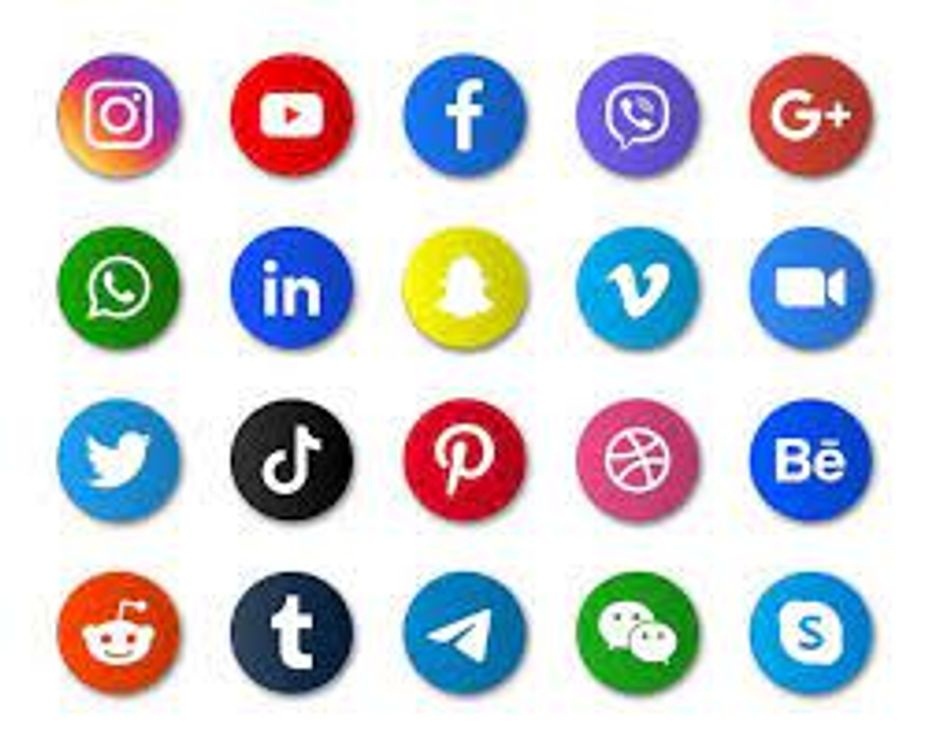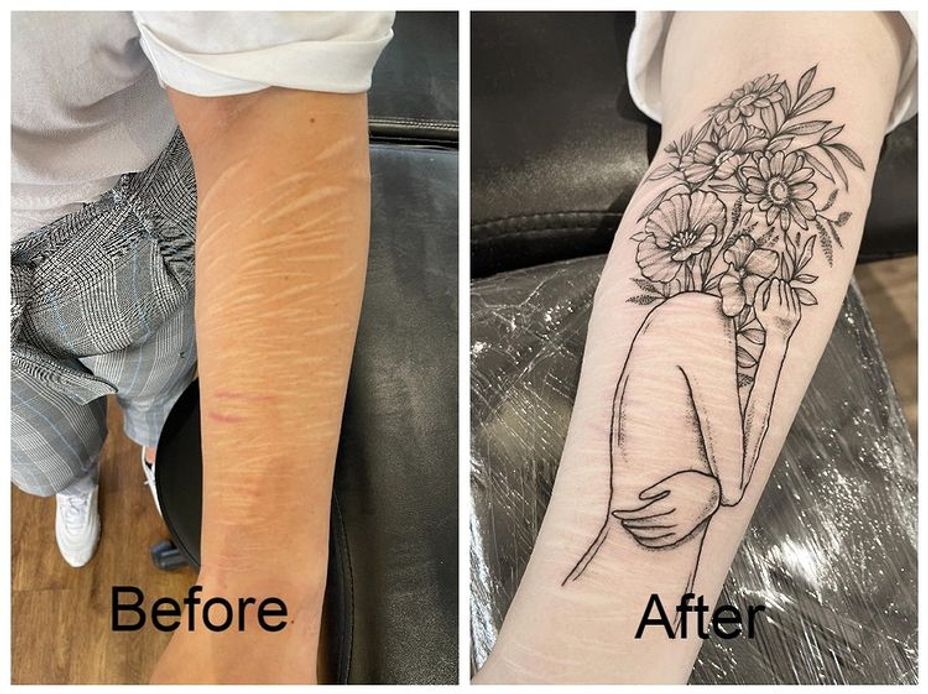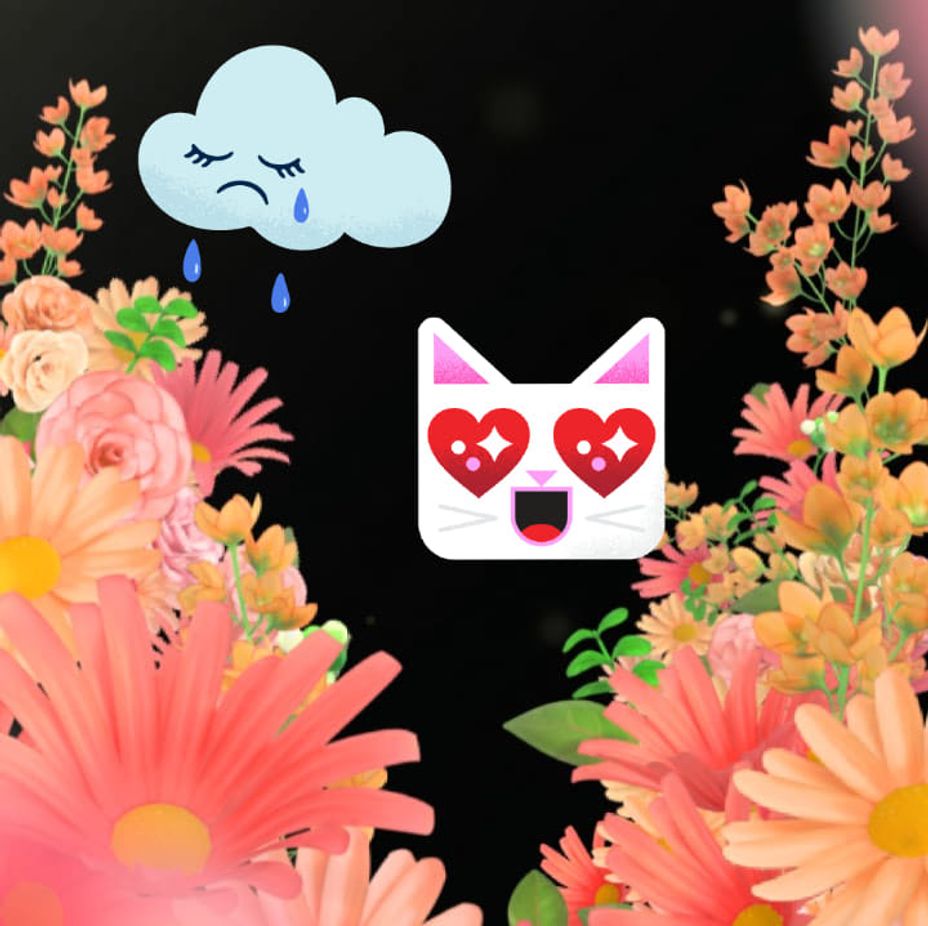H is for Healing:
*Disclaimer* this is written from the personal perspective of one of our volunteers. Others' experiences may be varied or different. All opinions and experiences are welcomed, valued and valid.
***TRIGGER WARNINGS***
Any and all aspects of mental and physical health.
#itsOkNotToBeOk #ok #heal #Healing #healingjourney #Realisation #SCUFF #ScarCoverUpFreedomFund #mentalhealthhealing is what we believe will happen when seek help or begin to move through our mental (or physical) health journey. Taking a retrospective view - healing looks nothing like we expect it to look once we are on or down our own path.
For example, we may expect that healing will be being free of our intrusive thoughts or feelings, whereas when we reach a milestone in our journey, we realise that these feelings are still with us, but the way they affect us or we react becomes different.
We may have hoped to overcome triggers and may later learn that the triggers will remain but that we can learn to control the size of our reaction or that a new technique or approach makes us see or feel something in a new light.
Healing may also follow a different path to that which we expected. Perhaps we thought that time on medication would provide a "cure" when in fact we come to realise that more often than not a holistic approach is what is needed - that inner and outer work are both necessary; medication, therapy and perhaps a change in lifestyle are the combination we personally need to reach our "healed" state.
This might include looking at our job, home environment, interpersonal relationships or even diet and the way we move our bodies. It could include taking up a new hobby to refocus or often includes letting go of some of the things that put too much on our time or commitment "plates". Learning to prioritise ourselves is often the biggest shock and learning curve in the healing process.
The healing timescale is most definitely what shocks and surprises most of us. It is not by any means a "quick fix" (and it is certainly not easy). But that bigger shock comes when we do look back and reflect on how far we have come on our healing journey; things that we may for so long have not thought possible become part of our day to day life again, other things we thought we'd never be able to let go of have been cast aside and we can feel massive benefits from this.
A big part of healing that most of us don't comprehend at the start is the realisation that some (maybe all) of what we are healing from will stay with us, but that is ok and our thoughts, feelings and emotions about it are valid and that this#mental
is ok too.


